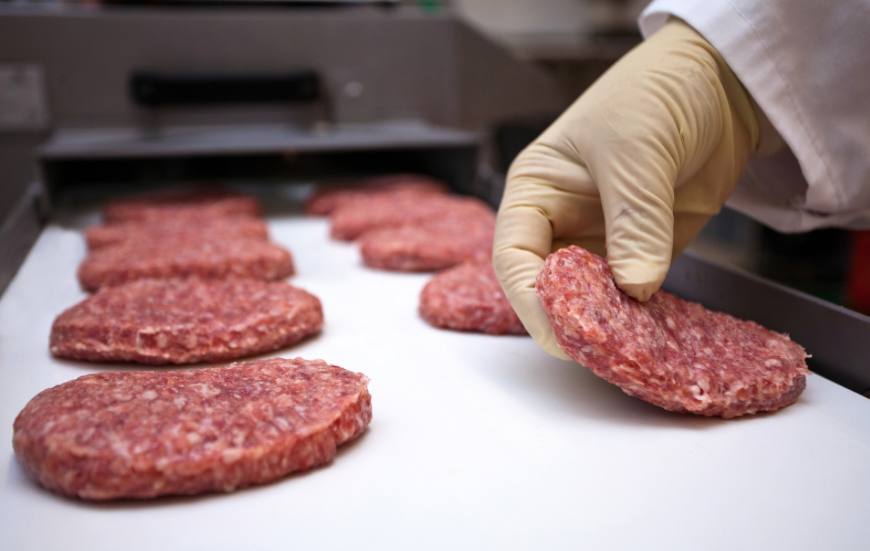Every year, poor–quality food products cause the disease of 33 million people in the world, 420 thousand of them die, and a third of them are children. Food poisoning can be prevented. What is being done in Austria for this purpose was presented by Florian Fellinger, representative of the Ministry of Social Affairs, Health, Care and Consumer Protection of Austria. He spoke at the seminar “One Health for the European Region”, held in Vienna in June.
All under one roof
The Austrian Ministry of Social Affairs, Health, Care and Consumer Protection has broad powers that allow one agency to monitor food safety issues in the country.
The Austrian Ministry is responsible for consumer protection and health, hygiene issues, food safety, as well as the entire veterinary field: animal diseases, their safety and well-being.
The legal framework regarding food borne outbreak investigation and crisis management in this area includes:
The Zoonosis Act regulates:
Tools for the implementation of the law:
NRL exists in all EU member states. They are the basis for the official control of food and animal feed and the diagnosis of diseases.
EU Regulation (EU) 625/2017 requires each member State of the Union to accredit laboratories for specific types of research. The scope of the NRL may cover a certain class of substances (for example, pesticide residues), a certain group of foods (for example, milk and dairy products) or microorganisms pathogenic to humans and animals (for example, salmonella, bovine spongiform encephalopathy) or parasites (for example, trichinella).
The Epidemics Law
Austria has approved a list of diseases, the detection of which must be entered into the federal electronic register.
The list of diseases subject to mandatory notification includes infectious hepatitis, bacterial infections, and food poisonings. It is mandatory to report the detection of such diseases, even if it is only a suspected outbreak of infection.
In addition, if on-site laboratories identify pathogens, including zoonotic ones, they are required to send isolates to the NRL for further research.
The Food Safety and Consumer Protection Law
Other materials presented on the seminar can be found here:
https://rr-europe.woah.org/en/news/first-one-health-seminar-for-european-region/
